How to get rid of a headache fast, according to doctors
How to get rid of a headache fast, using both medicine and natural remedies for headaches, as suggested by doctors

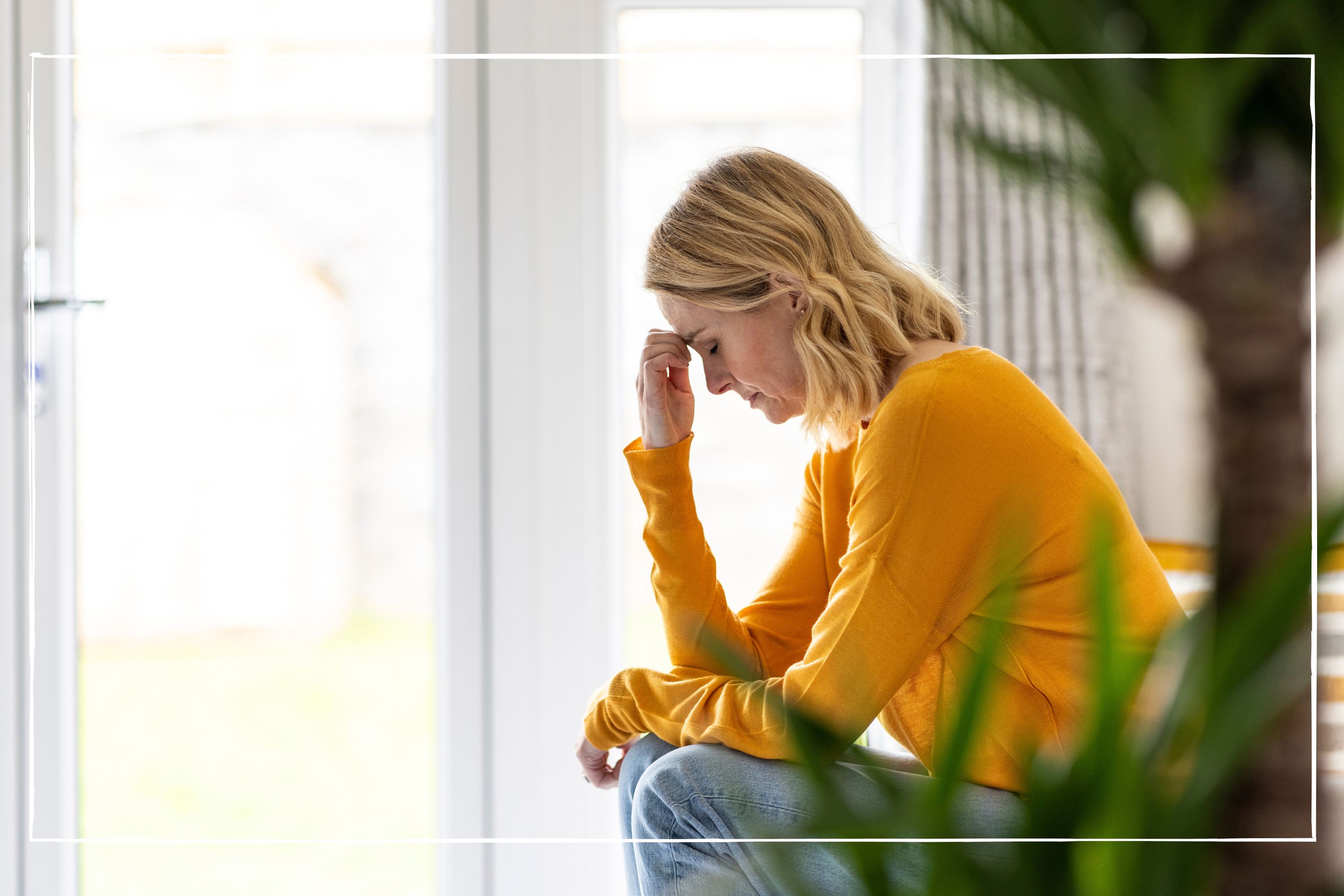
Usually you can ease headaches yourself at home, but they can last hours, or even days, and so we reached out to a panel of doctors for advice on how to get rid of a headache fast (or as fast as possible).
"Headache is a common symptom, and a common reason people visit A&E or their GP," says Dr Angela Rai, who is a GP at The London General Practice. "Most headaches are not associated with an underlying condition but maybe due to conditions such as poor posture, stress, dehydration, tension type headaches, migraines, or cluster headaches."
In addition to Dr Rai, we also heard from Consultant Practitioner Dr Hussain Ahmad, and GPs Dr Sanjeev Kalia, Dr Aarthi Sinha and Dr Stuart Sanders, who all shared their advice with us on how to get rid of a headache at home. Their advice in this article is for adults only. For children, make sure you check with a pharmacist, health visitor or GP so you know what treatment and medicine is right for their age and you know how to give it to them safely.
While most headaches go away on their own and are not a sign of something more serious, you should still contact your doctor or make an appointment to see your GP if you are at all unsure or concerned about your symptoms. The information in this article is for general purposes only and does not take the place of medical advice. It is essential to be guided by your GP and take note of official NHS advice.
How to get rid of a headache fast (or as fast as possible)
Dr Hussain Ahmad told us simply that the best way to get rid of a headache as fast as possible is to take some over-the-counter pain relief: "Taking over-the-counter ibuprofen or paracetamol with a glass of water is the quickest way to relieve a headache with medication."
Dr Sanjeev Kalia cautions, "Always remember to get advice from your doctor or pharmacist before starting [over-the-counter pain relief] and only take them as long as you do not have any allergies to them and ensure they are only taken in the doses specified e.g. paracetamol should only be taken every 4-6 hours and no more than eight tablets in 24 hours. Going over the recommended amount of even every day analgesia (medication that acts to relieve pain) can cause overdoses."
GP Dr Stuart Sanders, shared the following tips that he gives patients that are suffering with headaches:
Parenting advice, hot topics, best buys and family finance tips delivered straight to your inbox.
- Be sure you are well hydrated. If you are not well hydrated, drink two glasses of water (1\2 litre)
- Apply an ice cold wet towel or cloth to the forehead
- Be indoors and dim the lights or darken the room
- Take two Paracetamol (Panadol) or Ibuprofen (Nurofen) tablets, whichever suits you. (As this is the adult dose it will depend on age and weight. Ibuprofen must never be taken on an empty stomach. Don’t take paracetamol if you’re allergic to it and beware all contraindications and drug interactions.)
- If you recognise the headache as migraine, take your prescribed medicine without delay
- Finally, lie down and close your eyes in a quiet darkened room
If you are experiencing pregnancy headaches or pregnancy migraines, make sure you seek advice from your doctor as soon as possible.
Dr Sinha adds that, "The best way to get rid of a headache is to speak to your doctor to find out what might be causing it – especially if it is not responding to paracetamol, is getting worse quickly or is associated with other symptoms like vomiting or visual changes."
Natural remedies for headaches suggested by doctors
"If you'd prefer not to take medication, or you need relief while you wait for the medication to take effect, applying a cold compress to your head and resting in a quiet, dark room can also help [get rid of headaches]," advises Dr Hussain Ahmad.
The following natural remedies for headaches were also suggested by the doctors we consulted for this article:
- Keep well hydrated - Dr Kalia told us that it’s important to stay hydrated to help ease headaches and also prevent them: "Keeping well-hydrated can avoid triggering headaches." He added that drinking water is preferable but, "Some people do report improvement in their symptoms if they drink non-caffeinated hot drinks like camomile or ginger tea although these are anecdotal." It’s also important to avoid alcohol as this causes dehydration.
- Try a warm or cold compress - Dr Sanders recommends his patients try a cold wet towel or cloth to the forehead to help relieve a headache, but Dr Ahmad also notes, “Most people find cold compress helps to relieve headaches, but depending on the source of your headache, a warm compress can help to ease headache pain by increasing blood flow and relaxing your muscles.”
- Yoga and Stretching - "Tension Headaches and migraines can be caused or triggered by stress, tension and anxiety. So any measures that help with these can help to reduce headache pain and frequency. This includes activities like yoga, stretching and in some cases exercise too," says Dr Sinha.
- Massage - Dr Kalia says, "Headaches which are caused by stress such as tension headaches can be relieved using massages as they help to relax the individual - although there is little clinical evidence to support this." Dr Sinha adds, "A lot headaches are caused by neck muscle pain or strain from tension, work and other physical activity. In these cases, a head and neck massage may be helpful, if you do not have any pre-existing spinal problems. It is definitely worth speaking to your doctor about as a holistic approach with medical advice and lifestyle input is often the best management for a non-serious headache."
- Steam inhalation - Also recommended by doctors as a good cold remedy, Dr Sinha says, "Steam inhalation can help headaches caused by sinus congestion."
- Eat well - Dr Sinha says, "You should also make sure that you have had enough to eat throughout the day as low blood sugars can cause headaches too." The NHS also advises that if you have a headache you should not skip meals - even if you might not feel like eating anything.
- Get your eyes tested - While this won’t help get rid of a headache if you already have one, Dr Kalia explains that this natural remedy could help you avoid triggering a headache in future: "It is very important if you suffer from headaches to ensure you have your eyes tested, as eye strain can be a significant trigger for headaches."
When to see a doctor about a headache
In general, if you are at all unsure or concerned about your symptoms, you should make an appointment to get personalised medical advice from a doctor.
In regards to headaches specifically, Dr Sinha told us that while, "most headaches are not caused by something serious" there are ‘red flags’ that are associated with headaches which you should be aware of and always speak to your doctor about. "These include an acute onset of a headache – either across the whole head or like a thunder clap at the back of your head, with or without vomiting, nausea, visual changes and speech changes,” says Dr Sinha.
"If the headaches are persistent, getting worse or associated with other symptoms, medical attention should be sought to find the cause and treat effectively," advises Dr Angela Rai.
"If headaches are getting worse and not going away with a simple painkiller, or if the headache is triggered suddenly by coughing, sneezing or physical effort, you should see your doctor. Other symptoms to look out for are nausea and vomiting, change in vision, such as blurred or double vision, jaw pain, scalp soreness or scalp tenderness and weakness,” she adds.
Dr Sinha also advises, "If you have more daily chronic headaches but they occur early in the morning, wake you at night, are worse when you bend down or are associated with any other symptoms like unsteadiness, vertigo, changes in vision or speech and altered sensations in your arms or legs then you should see your doctor straightaway.”
"If you already suffer with high blood pressure, have Diabetes, have heart disease, have had pervious strokes or suffer with cancer, then you should have a lower threshold to see your doctor about your headache."
Dr Sinha emphasises that it’s always the best course of action to make an appointment to see your GP if you feel unwell or have any pain: "In my NHS and private practice, I always encourage patients to go and check their symptoms early with a doctor – this ensures nothing serious is missed but more importantly can help to put your mind at rest."
Dr Sanjeev Kalia also summarised what he describes as the "most worrying symptoms" of a headache below. If you experience any of these symptoms, you should immediately seek medical attention.
- Headaches caused by straining such as when bending over, or when you cough or sneeze.
- If you suffer from headaches on a regular basis (or your headache keeps coming back), if the character of the headache has changed e.g. the length of time it lasts or where on the head the symptoms occur.
- People suffering from other health conditions such as cancer or those on high steroids over the age of 50 must ensure they get any new onset headaches checked by their GP.
- Headaches that have a sudden onset. Some patients will complain of a headache that came on as if they were ‘hit in the back of the head with a baseball bat’. Doctors use terms like ‘thunder-clap’ headache which gives you an idea of how quickly they come on.
- Headaches associated with fever and neck stiffness. Most people will recognise these as potentially associated with meningitis which is life threatening but also has better outcomes if treated quickly.
- Headaches that wake you from your sleep. This can suggest the presence of raised intracranial pressure (pressure within your head) and can be related to many significant illnesses. Finding the underlying cause is imperative.
- Any symptoms that occur on top of a new onset headache that could be related to a stroke such as limb weakness, dropping of the face, double vision or inability to talk. For any stroke related concerns time is of the essence and you should seek medical attention immediately. Even short episodes associated with a headache need urgent investigation.
The NHS states that you should call 999 or go to A&E if you or your child:
- has a head injury – for example, from a fall or accident
- has a headache that came on suddenly and is extremely painful
You or your child has an extremely painful headache and:
- sudden problems speaking or remembering things
- loss of vision
- feel drowsy or confused
- has a very high temperature and symptoms of meningitis
- the white part of the eye is red
Also call 999 or go to A&E if your child is under 12 and has any 1 of the following:
- a headache with vision problems or difficulty speaking, swallowing, balancing or walking
- a headache with drowsiness or a persistent lack of energy
- a headache that starts within 5 days of a head injury
The information on GoodTo.com does not constitute medical or other health advice or diagnosis and should not be used as such. Although GoodtoKnow consults a range of medical experts to create and fact-check content, this information is for general purposes only and does not take the place of medical advice. Always seek the guidance of a qualified health professional or seek urgent medical attention if needed.
Our experts
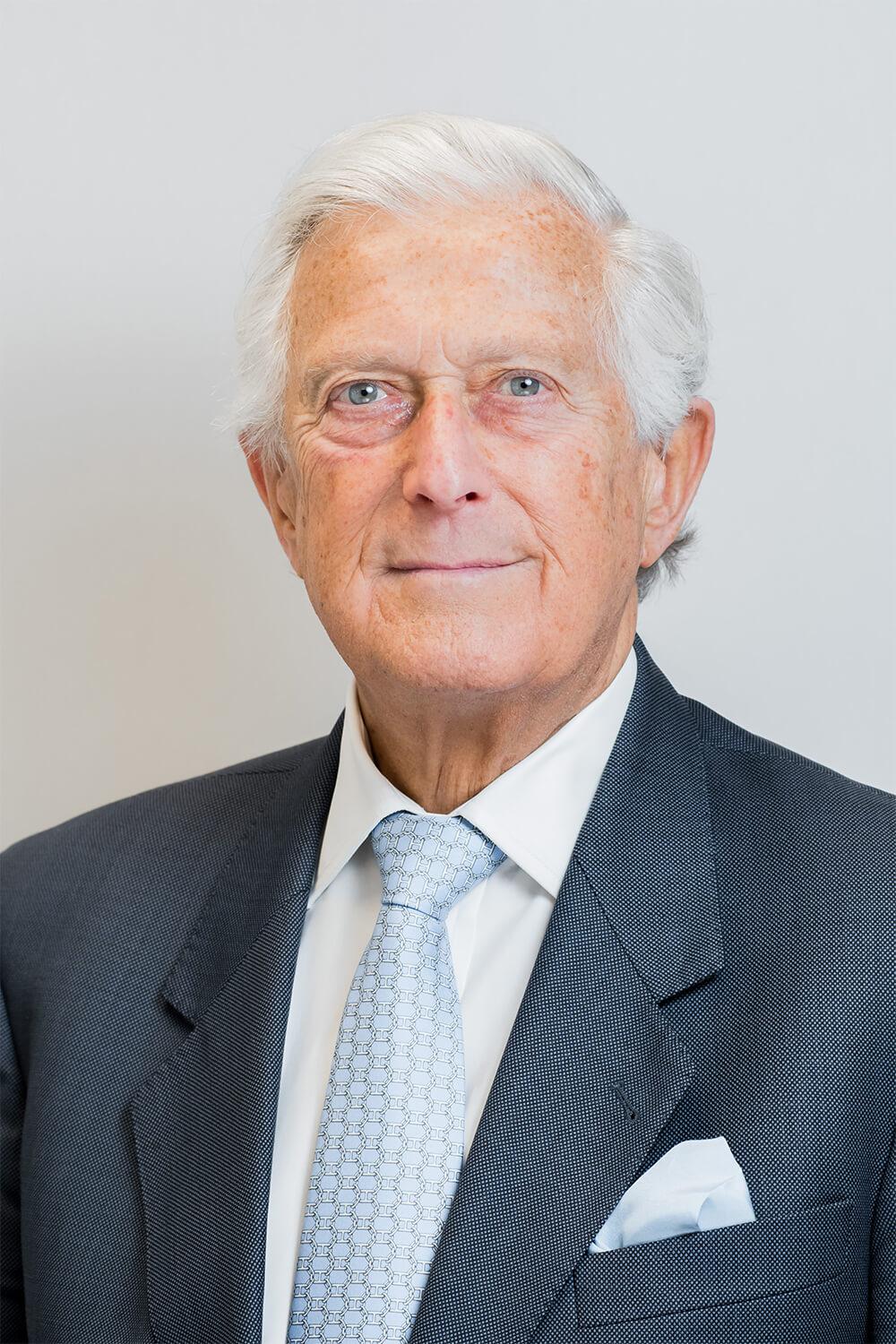
Dr Sanders is a registered medical practitioner who graduated at the University of Leeds where he was awarded the Medical School prize in paediatrics. He subsequently gained diplomas in child health and obstetrics and has been presented with the Huntarian Society and The Independent Doctors Federation medals. Dr Sanders has considerable experience in family medicine and has been awarded the Fellowship of the Royal College of General Practitioners by Assessment.
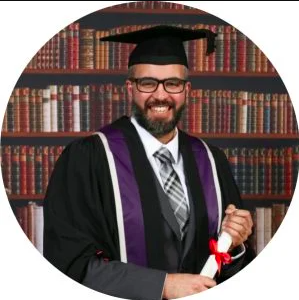
Dr Hussain Ahmad (MUDr/MD) has over 10 years of experience working with patients across Europe and, most recently, in the North of England. He is an experienced hospital doctor working primarily in A&E in the North West.
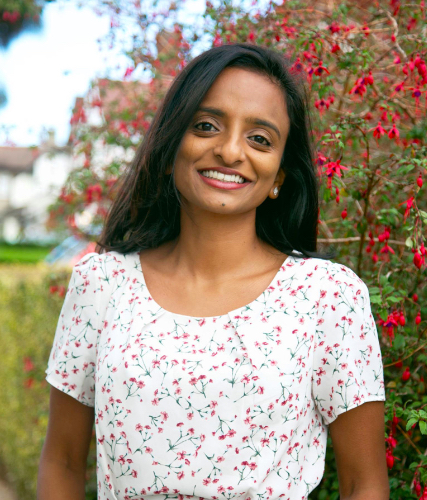
Dr Aarthi has been practising as a GP for almost 10 years. Most of that time was spent as a senior partner in practice. Dr Aarthi says "I completed my medical training at the Guy’s, King’s and St Thomas Hospital Trust – which is part of King’s College London. I then undertook further medical experience around the country before settling back into North London where I completed my GP training. Apart from my medical degree I also have a Bachelors degree in radiological sciences and several diplomas in gynaecology, sexual health and occupational medicine. I will therefore be able to support patients not just as their doctor but may be able to discuss how their health affects their work or their work affects their health."
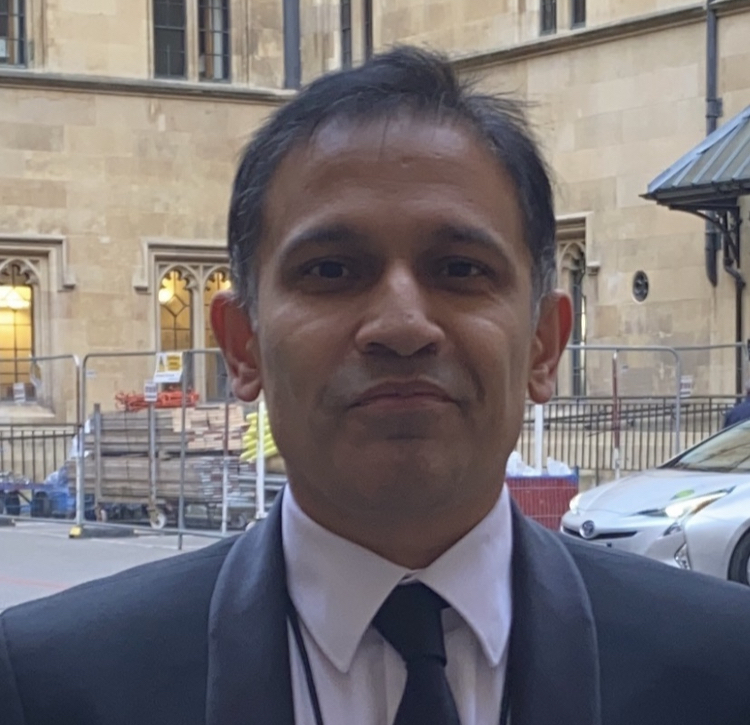
Dr Sanjeev Kalia is an NHS GP who has worked as a partner at three surgeries in the Midlands over the past nine years. In each, he has been the lead for newborn baby health screening known as the ‘6-8 week check’ and also works as a GP trainer as well as a tutor to medical students. Additionally, he is the founder of the baby burp cloth brand Avi Bear.
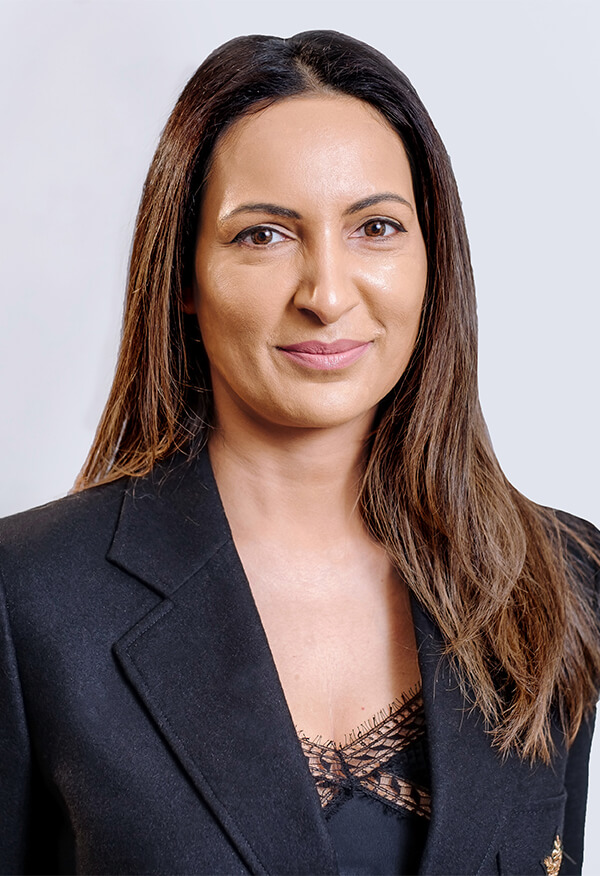
Dr Angela Rai is a GP at The London General Practice and has experience in NHS, Private and Corporate medicine. She has gained a wealth of experience whilst working in London Teaching Hospitals and Private Practices. She was a Partner in an NHS Practice between 2006 and 2012 before joining The London General Practice. Dr Angela Rai graduated from Guy’s, King’s and St Thomas’s Medical School London in 1999. She is a member of the Royal College of General Practioners and has a Bachelor of Science in Psychology.
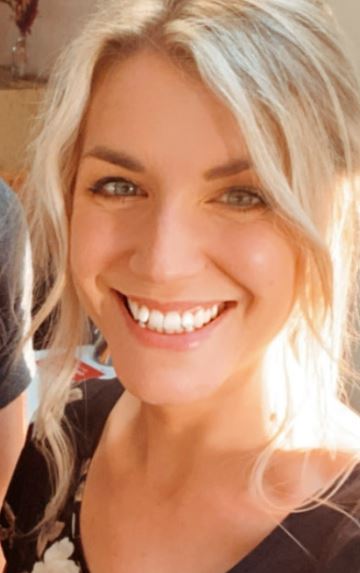
An internationally published digital journalist and editor, Rachael has worked for both news and lifestyle websites in the UK and abroad. Rachael's published work covers a broad spectrum of topics and she has written about everything from the future of sustainable travel, to the impact of the coronavirus pandemic on the world we live in, to the psychology of colour.